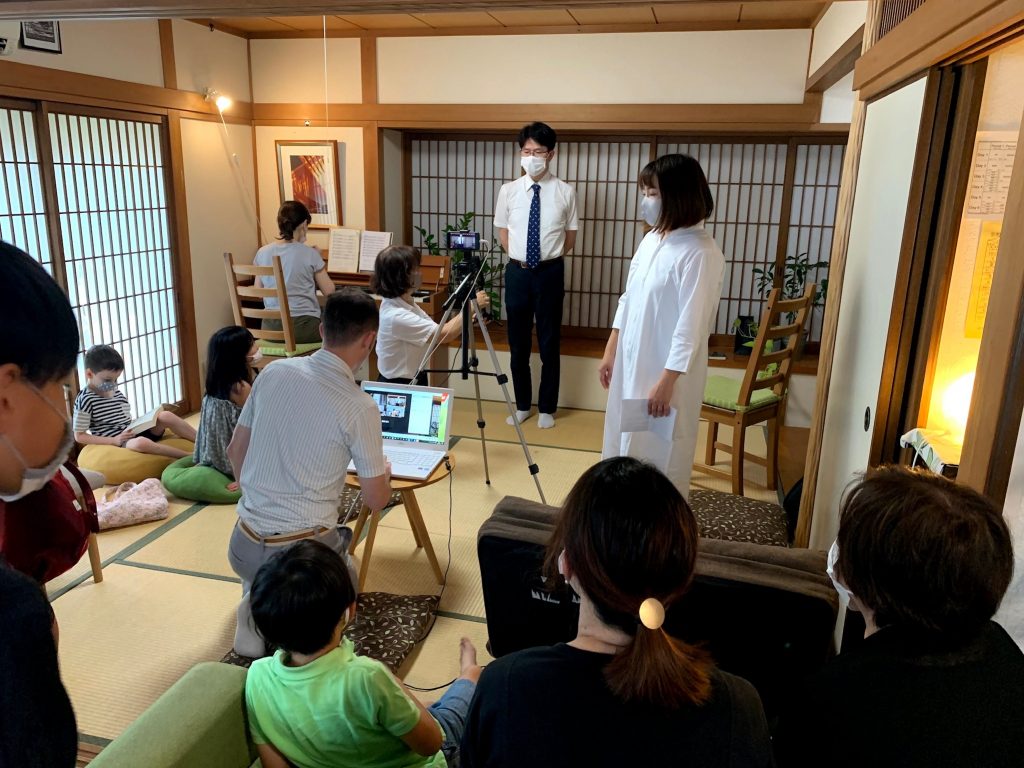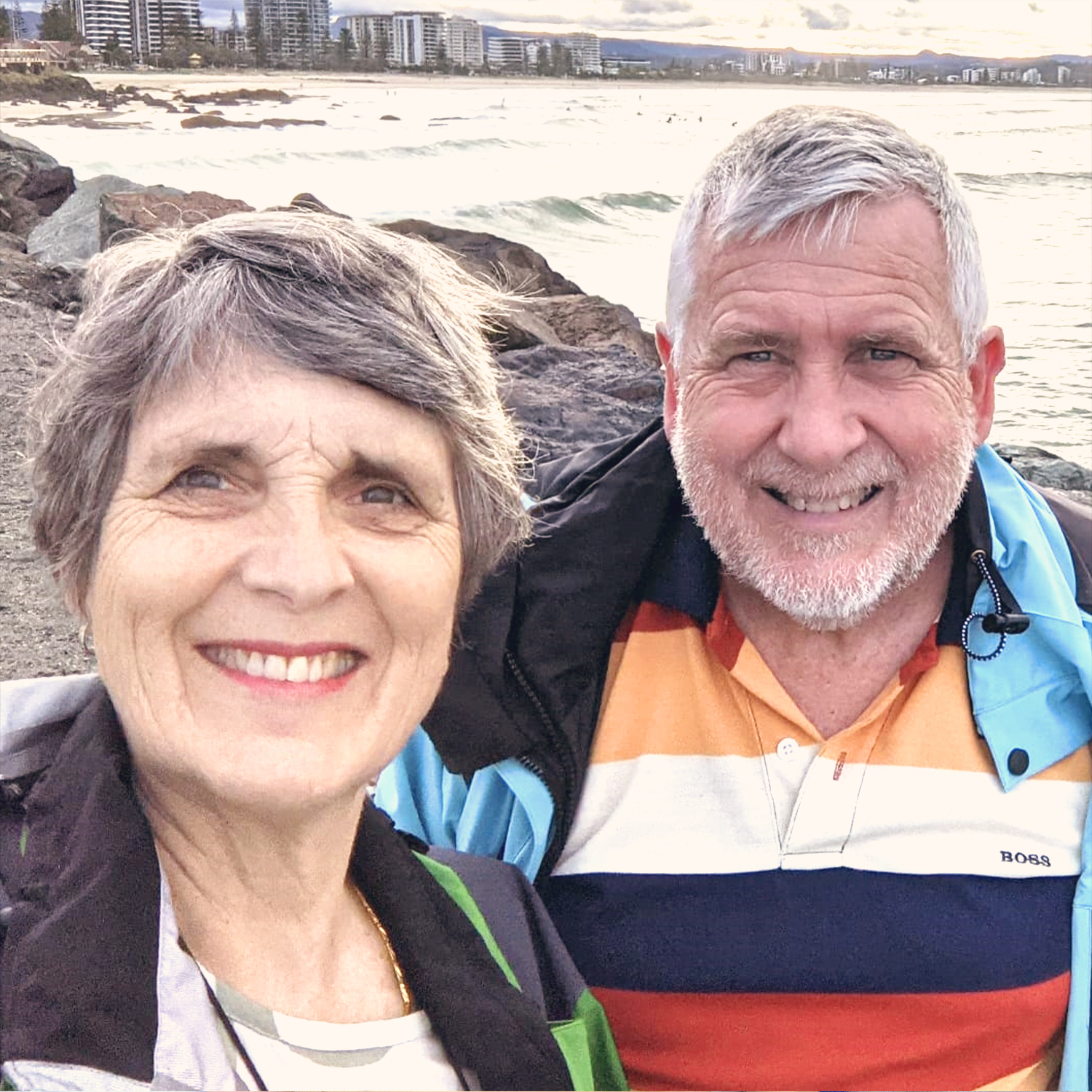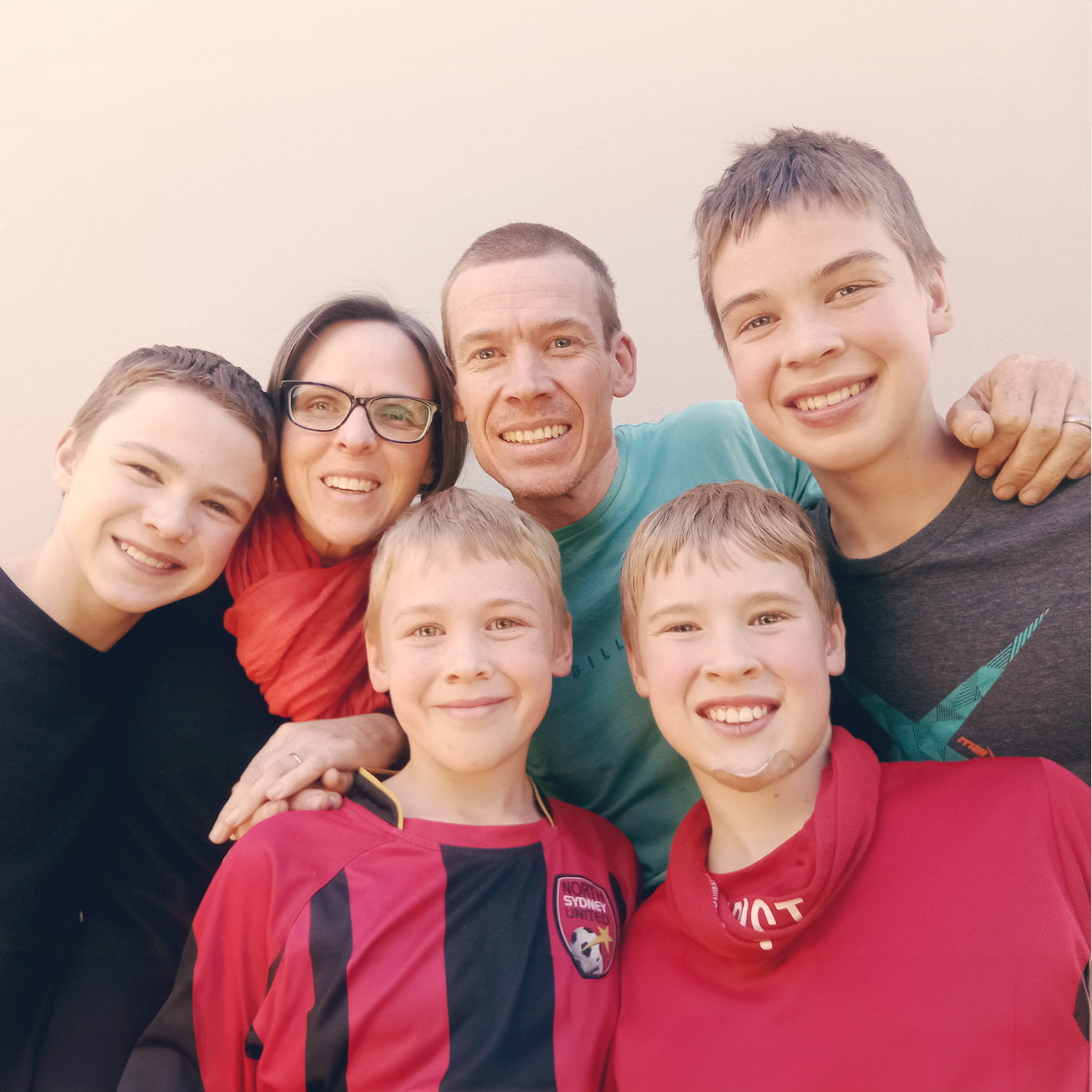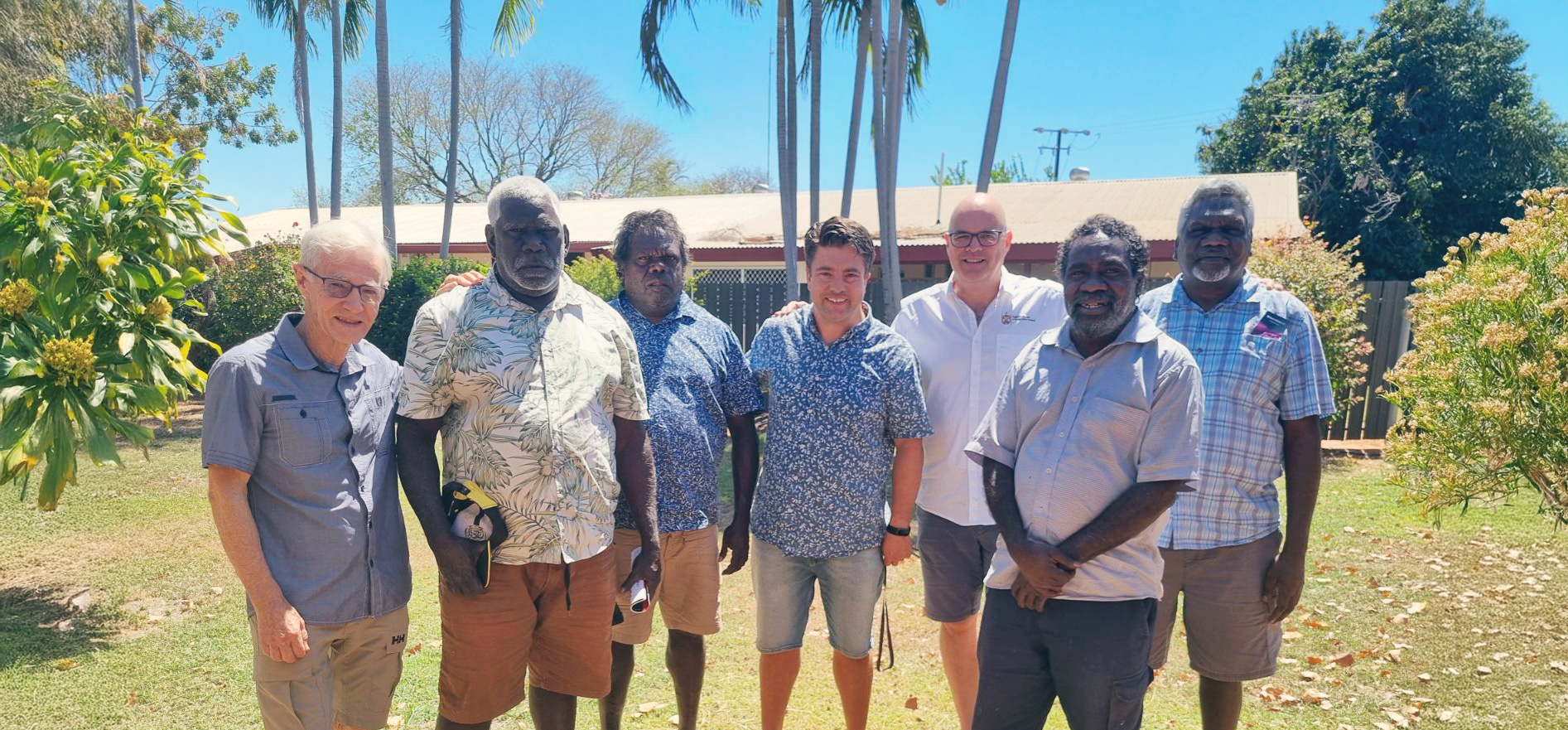When God brings change: Checkpoint Winter 2021
CMS missionaries Dave and Beck McIntyre serve as part of Mondo Bible Church in Japan. Here they talk about the challenges, benefits and opportunities that COVID-19 has brought to their church.
Planning has turned from a science into an art since COVID came to town. The nation known for trains that arrive on the minute, if not the second, has had to come to terms with a world where nothing can be planned for certain. The smiling mascots and sporting heroes in advertisements were a sad reminder that even the Tokyo Olympics had to be postponed.
The pandemic confronted our churches with a major problem. For us the issue of space had already been acute because of the noise, and Sunday School and service preparation getting in each other’s way. Now, it would be a health risk as well.
At Mondo Bible Church, the steering committee has its annual planning day in January for the 12 months starting in April. As the committee—led by senior minister Tokunaga Sensei—looked back over 2020, event after event had a line through it, a reminder of the effects of COVID-19.
No potluck meal to welcome new people, as eating together was not allowed.
No special outreach event as large groups were (and still are) a no-no.
No camps.
It became clear we wouldn’t be doing many of those things in 2021 either.
A chance to rethink
Yet, to be honest, I wasn’t that disappointed. As missionaries, we come as outsiders and tend to question how things are done. (Sometimes too much).
Prior to COVID, many church events have seemed to happen simply because they were in the calendar the year before. This can be reassuring, especially in a country like Japan which values routine and order. But the opportunity to talk about why we do something tends to get lost because if it’s in the calendar, surely—the thinking goes—there must be a good reason for it.
Now there has been a new openness to talk about change, because it’s all changed anyway.
Before COVID, over 60 people were coming to church on a Sunday morning, and close to 90 on special occasions like Easter in a space a little over 60 square metres. It had seemed long overdue to talk about multiple services. But bringing this up had not been easy because many people at church have never experienced a church with more than one service. Wouldn’t it split the church?
With COVID, our church took the step firstly of moving to Zoom-based services and stopping physical meetings for a while.
Then later, as we formed plans for how to return to physical meetings, it quickly became apparent that beginning multiple services was the best way forward.
Benefits of change
One benefit of moving to Zoom was that the preachers needed to send the text of the sermon beforehand so those who couldn’t join on Zoom could at least read the text.
Eri, a young mother at church said, “I used to miss a lot of it with the kids. Now, I think I’m being blessed more by the teaching.”
As case numbers settled down after the Japanese summer, Mondo moved to have three services each Sunday. Traditional at 10:30am, contemporary at 2pm, and a small evening service at 5pm.
The benefits of multiple services were clear. Those setting up for morning service were more relaxed because they didn’t have to dodge kids at Sunday School. Kids and parents were happy because there was more space and less worry that they would get in someone’s way. It was easier to have
a conversation because fewer people were in the building.
Kids’ ministry changed. We had to do a kids’ talk during the Zoom service and prepare craft or other activities that they could do at home. When we came back to physical gatherings, the new creativity helped to make the kids’ ministry time more fun.

Dave recording a kids’ talk complete with edible craft!
Challenges of change
There were and are major challenges as well.
How were we to minister to congregation members who didn’t have good internet access, or the elderly members who find it difficult to use computers? These also happened to be the most vulnerable members of the congregation.
Our solution? We recorded the service and made audio CDs that were delivered to members who couldn’t come.
That also provided a chance to visit people on a Sunday.
Communicating the content of the service was and is only part of the challenge. Yuko, one of those who gathers for early morning prayer each week, said it was a hard time because no-one knew how other people were going. “Someone could be really struggling, and we just wouldn’t know.” As a church, we are starting to address this. Conversations with our pastor, Tokunaga Sensei, and others seem to show the need for more regular small gatherings.
In recent months Beck’s Bible Study group have realised the importance of regular fellowship, so are moving from meeting monthly to fortnightly. This is a big step in Japan where everyone feels busy and pressed for time.
Up until COVID, with only one Sunday gathering, the rest of the day was free for other activities like missionary deputations, picnics, hikes and meetings. With an afternoon and evening service, that time is no longer available. Yet this has a positive aspect. We are thinking through how and why we do things at church. How do we gather? Why is that important? It seems that this is God’s plan: to cause us to think about why we gather as a church, and how to work together for a Japan that knows Jesus.

A member of Beck’s ladies Bible study has her baptism live streamed.
CARE
Consider sending a message to encourage the McIntyres, and give thanks with them for the opportunities for change that God has given in this time. You might share some of the challenges and changes that your own church has been through during COVID.
Read more online…
CMS missionaries have worked in Japan for many years. Read this recent article by Graham and Cathy Smith about the valuable long-term partnership with Japanese university work.













































































































